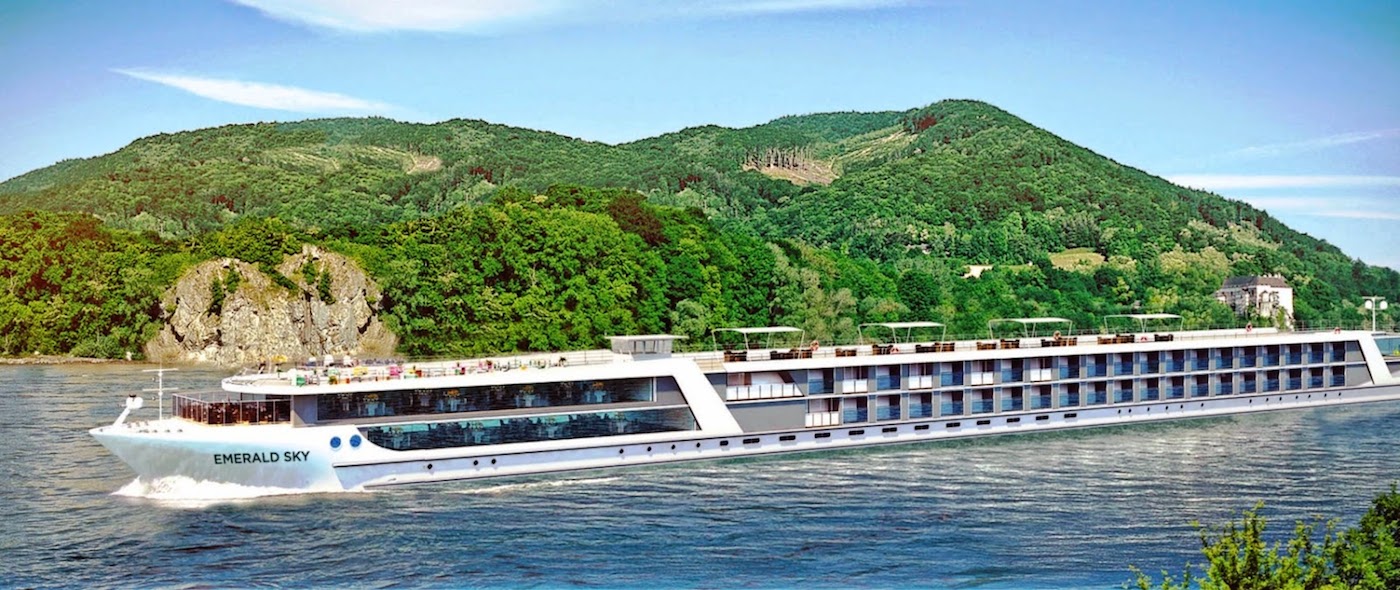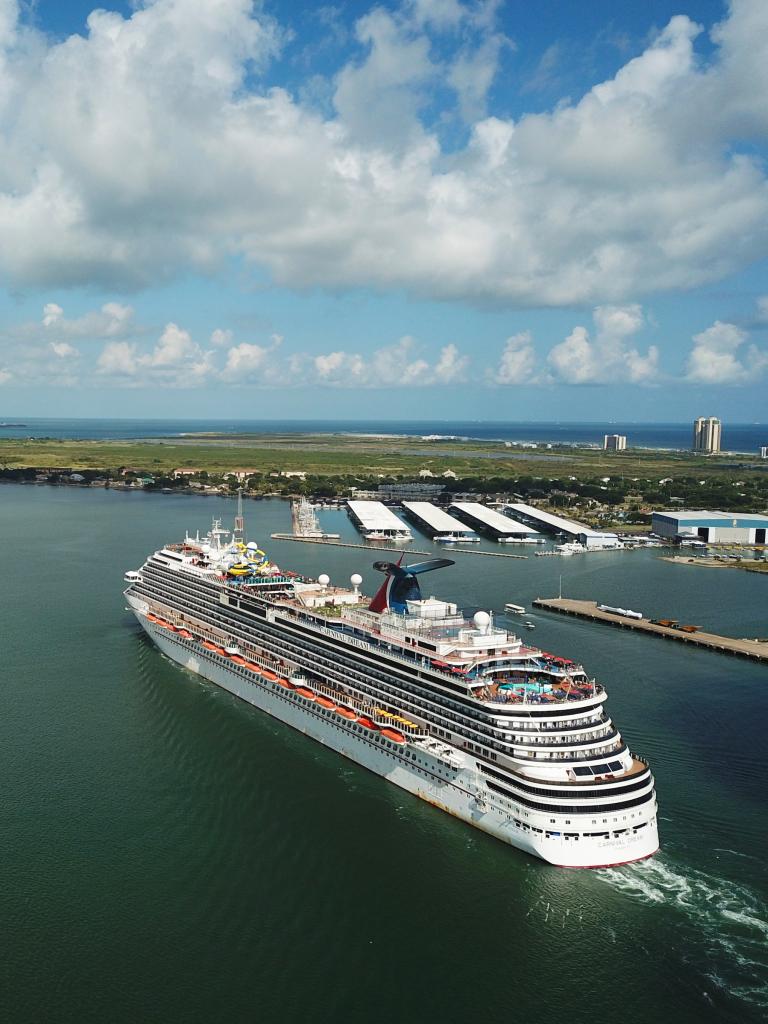
Cruise ship security jobs include protecting passengers and the ship against any possible threats. Though the work environment is generally safe and there are video and audio security systems, there are still some risks associated with security on cruise ships. Unattended children is a common problem. However, there are also security screening processes that help to keep staff and passengers safe. Security officers must also keep a vigilant eye on situations outside the ship.
Qualifications
Although qualifications for security aboard cruise ships can vary depending on the company, they generally require prior experience in law enforcement, security at hotels, or military operations. In addition, applicants must have a valid security guard license from their home state. Some companies require additional training such as Standards of Training certification, Watchkeeping for Seafarers Certification (STCW), and other certifications. A college degree in security management or a post-secondary certificate in security and surveillance is also helpful. Applicants must have good communication skills.
For security on cruise ships, you may need to have a good understanding of maritime law and maritime policy. Training programs will usually focus on specific topics that are relevant to cruise ships, as well as the safety of passengers and crew. Training will be provided for security officers in anti-terrorism protocol and firearms handling.
Salary
One of the highest-paid jobs in the industry is security aboard cruise ships. The job includes securing ship entrances and screening passengers. It also involves monitoring guests and crew for their behavior. Those with experience in security can progress to the role of Chief Security Officer.

The cruise ship security salary varies depending on the job. The ship's Chief Security Officer oversees security aboard. He also oversees the establishment and implementation of a security policy, as well as ensuring that security equipment works properly. This position pays US$4500 to US$4500 monthly, depending upon experience and qualifications.
Duties
As with any other job, duties of security on cruise ships vary widely, but there are some common responsibilities that a security officer must perform to keep the ship safe. These include screening passengers, crew, as well luggage. This could involve the use metal detectors as well as the thorough inspection of handbags.
Cruise ship security officers must be certified in maritime law and security methods. Most cruise lines require their security officers to attend maritime training schools to receive certification in the field. These courses typically include maritime law, maritime security policies, and firearms handling. The training of security officers is required in order to use the computer systems aboard ships as well as in how to navigate their ship.
Certifications
There are many certificates that have been issued to ensure safety and security for cruise ships. The Lloyd's Register (one of the top ship classification societies in London) is one among the most important. These certificates acknowledge cruise lines for their extensive efforts to improve security programs. These certifications are based on independent audits by Lloyd's Register. This confirms that cruise lines comply with or exceed international maritime codes' security requirements. These standards include Standards for Training, Certification, Watchkeeping.
The certifications that cruise ship security officers have are valid in a number of areas such as public safety, medical care and fire safety. Public Safety advisors can be certified to assist with emergency response and security. The Anti-Terrorism and Ship Security Awareness certifications are useful for those in charge of security. These certifications can be used by different companies and are available to anyone working in a maritime environment.

Hours off duty
Depending on the job, hours off-duty for security aboard cruise ships can vary. While dance instructors typically work five hours a days, they may have to work seven on sea days. Reception and guest service staff work eight- to twelve-hour shifts. Bar staff can work as many as sixteen hours per day. Cleanliness of the cabins can be done by cabin stewards, who may have to clean them a few times per day. Other employees are also responsible for keeping the cabins orderly. The rest of the day is spent cleaning, and they can be assigned up to ten to twenty rooms.
The cruise line sets the rules for work hours and crew members must report their work hours each day. This includes overtime which could be paid per hour. Some cruise lines may require employees reporting their hours in advanced.
FAQ
What 4 things determine the cost of a cruise?
The most important factors that determine the cost of a cruise include the amount of time you wish to spend onboard, whether you prefer an all-inclusive package or how many people you intend to bring along and the type of cabin you booked.
How does cruising work?
You pay a deposit of $50-$100 when you reserve a cabin on a cruise. Your balance is due 30 days before departure. You will check in to your cabin once you have arrived at the port. Afterward, you may participate in one of the many onboard activities.
Can I bring my pet on board?
Most cruise lines allow pets traveling on board. There are limitations. The first is to make sure your pet can travel. Pets too sick to travel should be kept away from the plane. A second rule is that service dogs cannot be brought on board. Service dogs can be trained to help disabled persons. You cannot also bring any dangerous animal aboard.
Shouldn't I book my cruise early?
You don't have to book your cruise before you travel. It may be possible to save money by booking your cruise last-minute. It is best to book your cruise well in advance, even if it seems like a good idea. You will be able to avail of exclusive deals and promotions from cruise lines.
Do you have any additional information I should know before I take a cruise or go on one?
You should know many things before going on your first cruise. Remember that you will travel with other people. Avoid being overly critical of these people because you never know how they feel about something. Also, remember that you will be eating and drinking with strangers. Be dressed appropriately. Don't wear shorts, tank tops, or slacks on deck. Comfortable clothing is best. Prepare for extreme temperatures. Make sure you pack plenty of sunscreens. If you plan to spend some time outdoors, be sure to pack a hat with sunglasses and a light jacket. Remember that you are responsible. Don't drink & drive!
Statistics
- You can save 15% off the total price if you book in advance of your trip. (travel.usnews.com)
- You'll need to budget around $80 per person per day for this option – and an additional 18% gratuity. (travel.usnews.com)
- In addition, 10 to 15 percent gratuity is typically added to bar bills — for alcohol and soft drinks — and gratuities are applied to spa treatments. (cruiseline.com)
- *20% Gratuities Apply on Free Unlimited Open Bar; Free Specialty Dining. (ncl.com)
External Links
How To
How to book your cruise
A travel agency can be the best way for you to book your cruise. You will need to arrange for your trip, book accommodation, make payment arrangements and handle insurance issues. The agent will assist you in every step of the way and make sure you get the best deal.
There are many ways you can save money. Some people go directly to the cruise lines and buy their tickets. Do this and make sure to check out the various deals offered by cruise lines. Compare them with the price you would pay if booked through a travel agent. Another option is to use a specialist online comparison site like CruiseCompare.com. The website allows you to enter your information and find the lowest price. Once you find one that suits your needs, you can book it directly.
If you're willing to do some research, there are other options. One option is to look online for companies that offer package deals where you can combine airfare and accommodation. Many websites offer such packages.
You might ask family members and friends to share their experiences with various cruise lines. They may be able to offer advice on how suitable a particular cruise is for your needs.